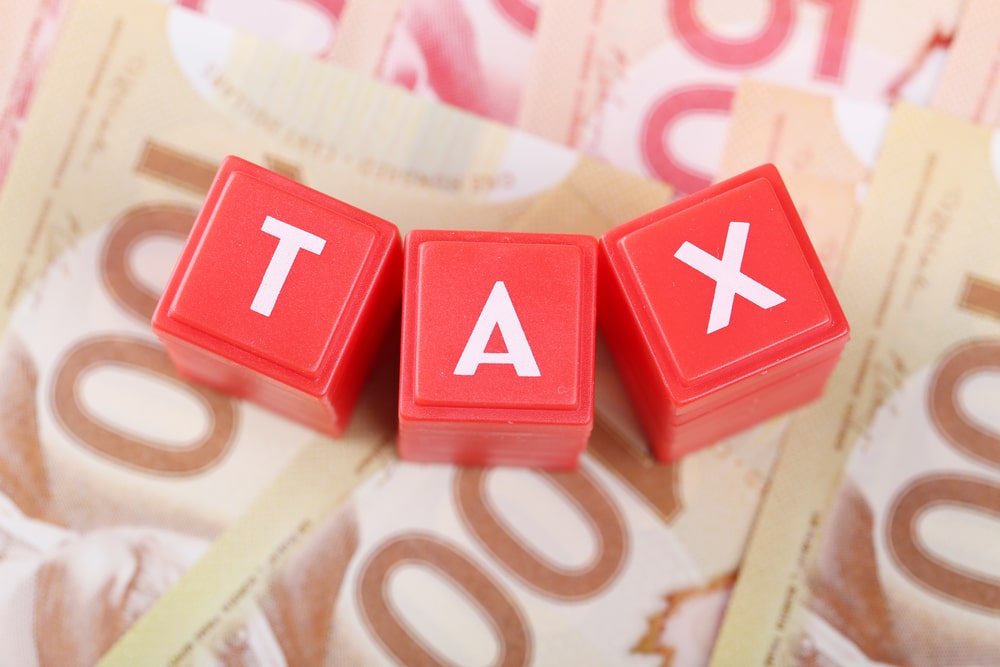Tourism and outdoor hospitality operators in southwest England are expressing concern over the potential introduction of a tourism tax, which some fear could increase costs for visitors and strain businesses already navigating economic pressures.
At the Labor conference, the new devolution minister Miatta Fahnbulleh said local mayors were “having a conversation with us about tourism tax… and we are interested,” according to the Local Government Chronicle.
Her remarks have prompted discussion among local tourism leaders and business owners about what such a policy could mean for the region’s visitor economy.
In Devon, caravan park operator Claire Flower voiced concern that the added cost could discourage travel. Her family’s Beverley Park in Paignton, established 67 years ago, serves around 1,800 guests during the summer and employs about 180 staff.
“People are very price-conscious—especially with the current cost of living, and they will find it difficult,” Flower told the BBC. “It may seem to them that holiday parks and other accommodation won’t be quite as affordable to them as it was.”
Torbay, where Paignton is located, experiences a significant seasonal population increase—from 135,000 in winter to more than 200,000 in summer—highlighting the region’s reliance on tourism.
“Our economy absolutely thrives on tourism—it creates so many jobs in the bay and it’s what the area is all about,” Flower added.
Similar taxes are already in effect across Europe, including in France, Spain, Italy, and Germany. Edinburgh will also introduce a 5% accommodation levy from July 24, 2026, marking the UK’s first such scheme.
Sally Everton, head of tourism body Visit Devon, said:
“We are expensive destinations anyway, the UK is an expensive destination, and to add a tourism tax would de-incentivize visitors both domestically and internationally. We already have a high VAT threshold compared to our European partners.”
Everton noted that while reinvestment of such funds could benefit the sector, she was cautious about how the revenue might be used.
Devon County Council leader Julian Brazil expressed support in principle, saying it could provide local funding for tourism improvements if implemented correctly. “I think it’s a good opportunity for us to raise money locally and to spend it locally,” he said.
A Ministry of Housing, Communities and Local Government spokesperson stated there are “currently no plans to introduce a tourism tax in England,” though the government remains open to feedback from local authorities.
For outdoor hospitality operators, the debate underscores the importance of policy engagement, as future taxation frameworks could directly affect pricing strategies, competitiveness, and visitor demand.


